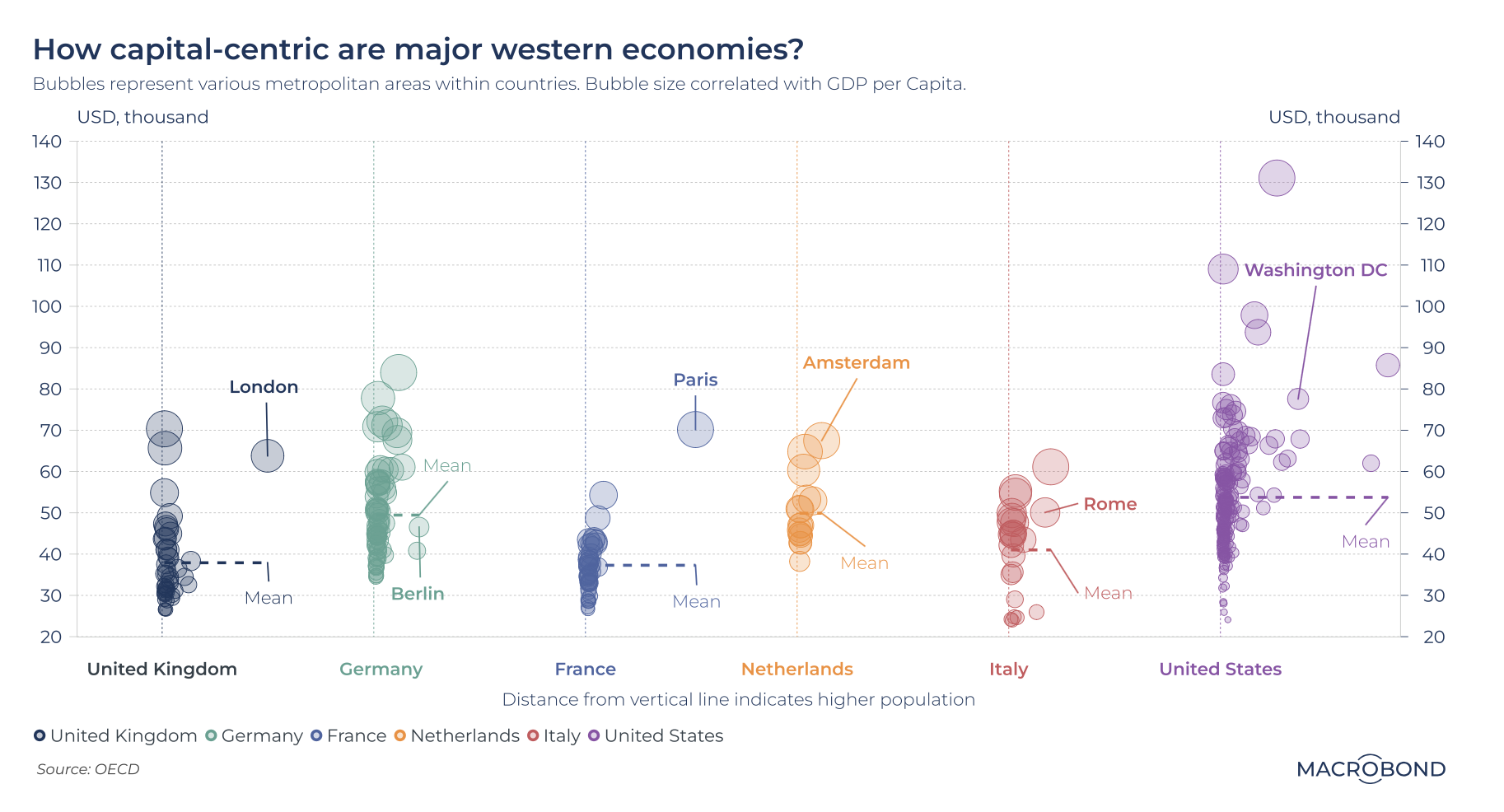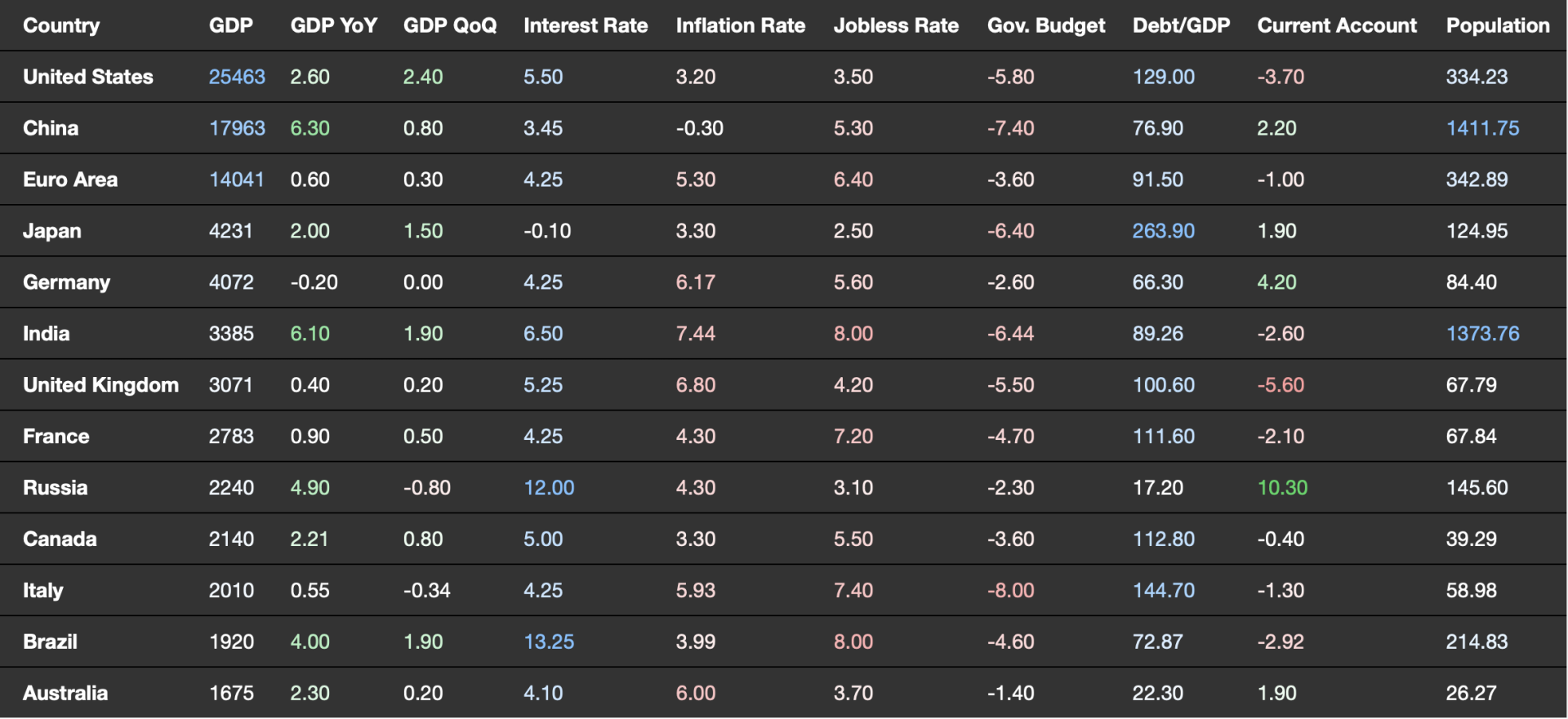Home > Wednesday Wisdoms: Newsletter > Why is the Elaboration technique so important?
Jump to Section:
Why the Elaboration Technique is so important
What is the Elaboration technique?
Why is the Elaboration Technique important?
A Real-World Economics Example:
Why will this make your essays better?
Why will this help you understand A level Economics in depth?
How will this get you the highest marks in A level Economics?
Inflation figures: Sharp fall in the rate at which prices are rising due to record gas price fall
Summary:
A Level Economics Questions:
Possible A Level Economics 25 Marker Question
Infographic of the Week

The $105 Trillion World Economy
By the end of 2023, the International Monetary Fund (IMF) projects the global GDP to reach $105 trillion, a $5 trillion increase from the previous year. In nominal terms, this growth is 5.3%, and when adjusted for inflation, it's 2.8%. GDP measures the total value of goods and services produced within a time frame. Despite challenges like the collapse of some U.S. banks and ongoing inflation, several economies have displayed resilience and are expected to grow from their 2022 figures.
Chart of the Week

This week's analysis contrasts the economic prominence of capital cities in major countries. Paris and London emerge as dominant economic hubs in France and the UK, respectively, although some cities in Britain, like Milton Keynes, surpass London in terms of GDP per capita. In contrast, Germany's Berlin, despite its booming tech and real estate sectors, lags behind its national average in GDP per capita. The US showcases a decentralized economy, with vast disparities in income and city sizes. While Washington, DC exceeds the national average due to its defense and government sectors, other regions surpass it in terms of per-capita GDP
Macroeconomic Data

Whenever you're ready there is one way I can help you.
Emre Aksahin
Chief Learning Officer at Edgenie


